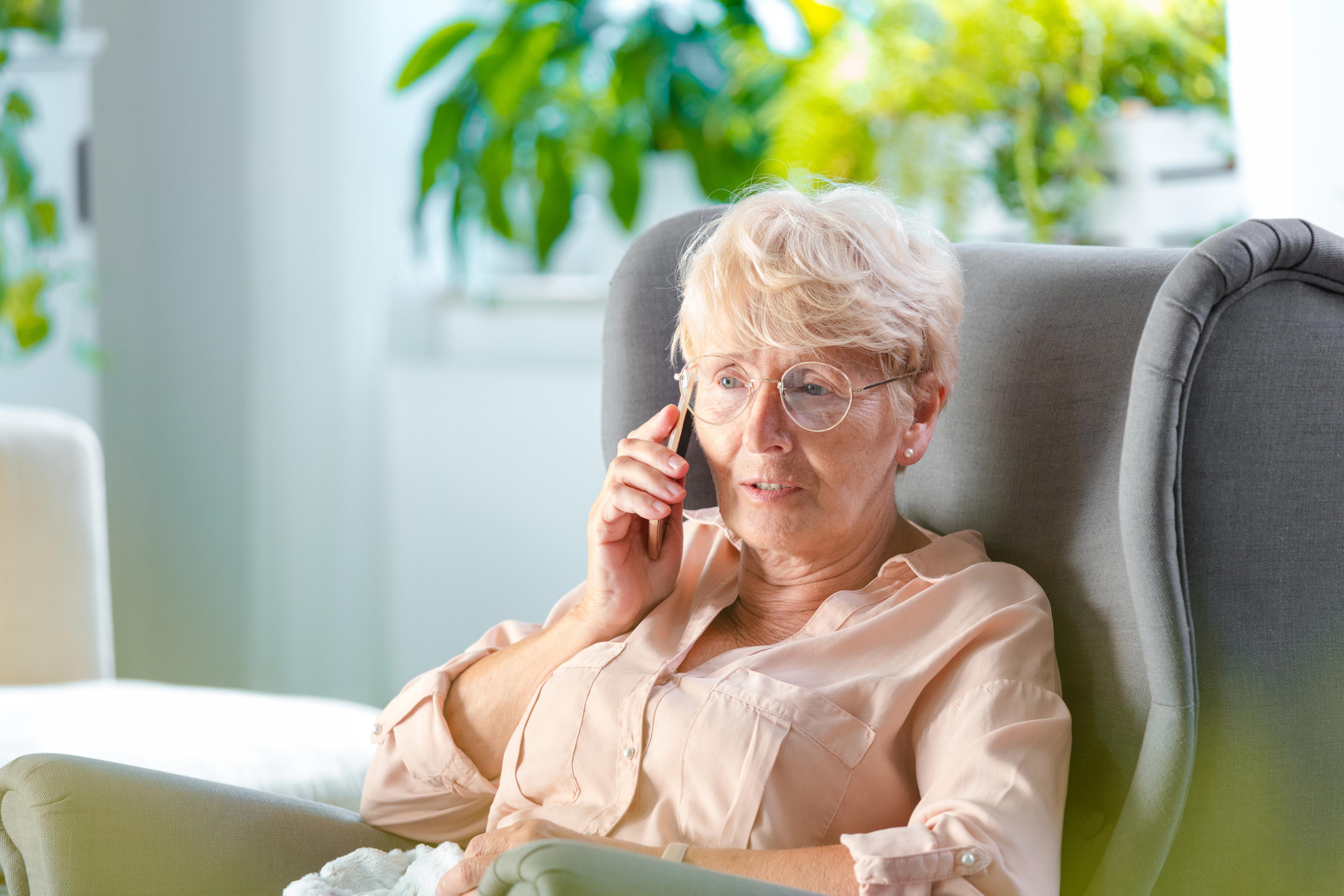Nocturia: When to Talk to A Doctor About Urinating Overnight
Jake Newby
| 3 min read

If you wake up more than once during the middle of the night to urinate, you may be one of the 50-plus million adults in the United States who suffers from nocturia, a condition in which a person has the need to urinate frequently during the night.
About one in three adults over the age of 30 go to the bathroom twice a night or more, according to recent research. Nocturia can disrupt sleep and impact a person’s quality of life. It can be caused by lifestyle habits or by underlying health conditions. If any of the causes listed below affect you, you should consider talking to your primary care provider (PCP) about the issue.
Lifestyle habits that cause nocturia
Nocturia can affect both men and women at different stages of life. In some cases, these lifestyle habits noted by the Urology Care Foundation can cause the problem:
- Drinking too much fluid before bedtime, especially beverages that contain alcohol or caffeine.
- Behavioral patterns, such as training your body to wake up at night to use the bathroom, even if you don't necessarily have to go.
- Medication side effects, and the timing or dose of medicines: the most common are diuretic medicines, also known as water pills, which can cause your body to remove excess fluid and salt and make you pee more often.
Underlying health conditions and other possible causes of nocturia
If you don’t believe your lifestyle habits are at the root of your possible case of nocturia, one of these four conditions may contribute, according to a 2023 study:
Nocturnal polyuria: when the body passes large amounts of urine at night but normal amounts during the day.
Polyuria: when the body produces too much urine in a 24-hour period.
Bladder functional storage issues: individuals with nocturia who do not appear to have polyuria may have a bladder storage problem. This can include reduced bladder capacity, which occurs when your bladder fails to fully fill or empty when you pee. According to the Cleveland Clinic, bladder obstruction, prostate obstruction, swelling, infection and pain in your bladder can lead to reduced bladder capacity. Other storage issues can include not storing or releasing urine well.
Sleep disorders: insomnia or sleep apnea can cause nocturia.
Additionally, mixed nocturia occurs when you experience a combination of these problems.
According to the Urology Care Foundation, you may suffer from nocturia if you have any of these health conditions:
- Diabetes
- Edema in the lower limbs, or leg swelling
- Heart disease, vascular disease or congestive heart failure
- High blood pressure
- Interstitial cystitis: painful bladder condition not associated with infection
- Menopause
- Overactive bladder: problem with bladder function that causes sudden need to urinate
- Pelvic organ prolapse: condition in women in which pelvic organs descend into vaginal area causing feelings of heaviness, pressure, discomfort
- Pregnancy
- Prostate obstruction
- Restless leg syndrome: condition in which there is nearly irresistible urge to move legs at night
Often, several of these issues may be going on at once.
When to talk to your doctor about nocturia
Getting up to go to the bathroom once a night is normal. But as the saying goes, twice a night isn’t right. Reach out to your PCP if you cannot pinpoint an obvious reason for your frequent urination, such as drinking more total fluids, alcohol or caffeine or if the problem disrupts your sleep or everyday activities.
You should also call your PCP immediately if the following worrisome urinary problems accompany your frequent urination:
- A strong urge to pass urine
- Blood in your urine
- Fever
- Loss of bladder control
- Pain when you pass urine
- Pain in your side, lower belly or groin
- Red or dark brown urine
- Trouble passing urine or emptying your bladder
Read more:
- Causes of Frequent Urination: When You Should Be Concerned
- What is the Military Sleep Method?
- How Does My Insurance Plan Cover Mental Health?
Photo credit: Getty Images





